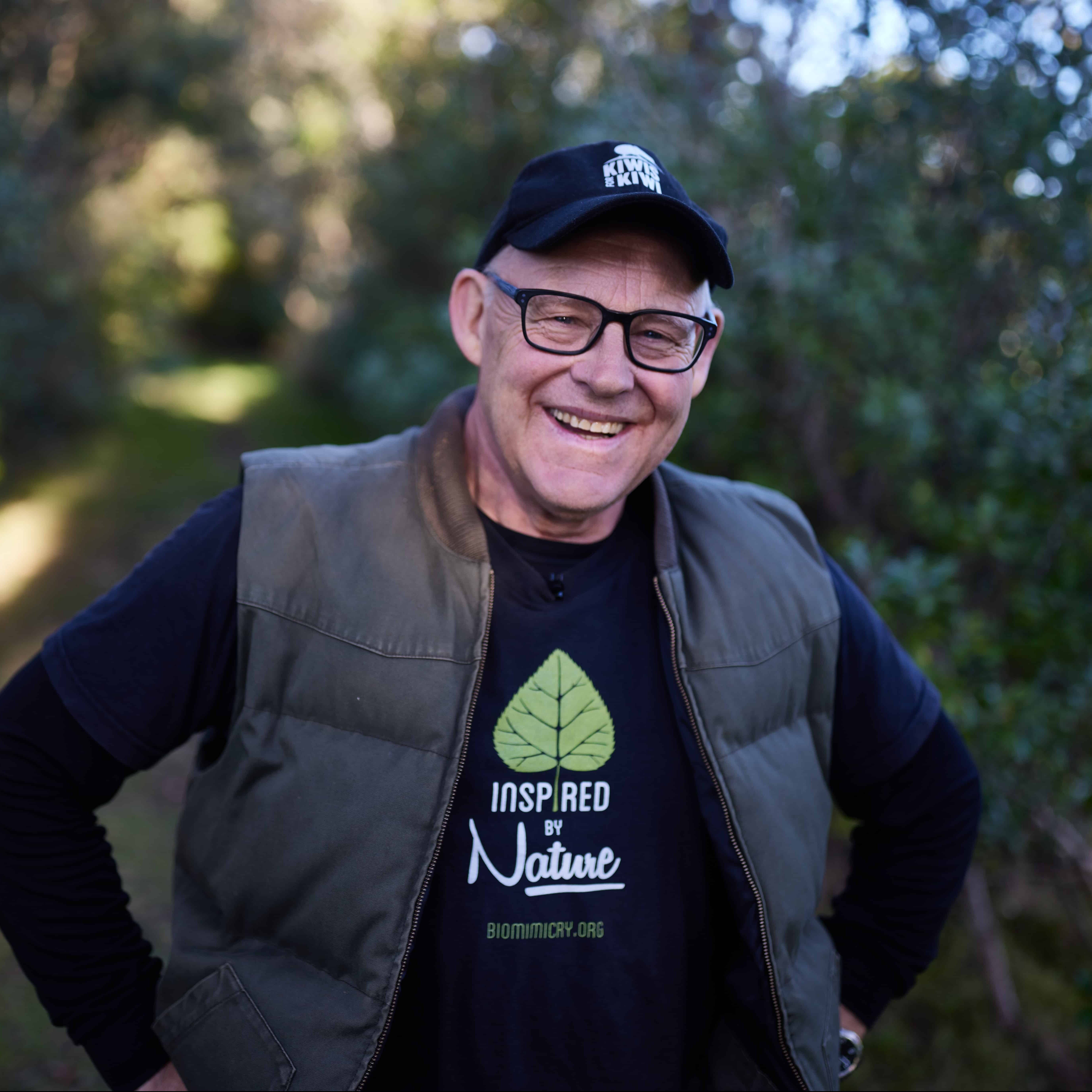Ruud Kleinpaste
New Zealanders love fantails, and 99 per cent of a fantail’s diet is insects.
Fantails follow us as we go hiking through the forest, snapping away at all the invertebrate protein we’ve stirred up from the branches and soil. What few of us realise, however, is that fantails are descended from Tyrannosaurus Rex – and there’s no telling what might happen when fantails go bad.
This is the type of story that Ruud Kleinpaste loves to tell. And it’s a great example of the humorous and evocative way he helps people understand the importance of insects to the grand scheme of nature.
This is Ruud’s biggest mission in life – to ensure that insects, spiders and other creepy-crawlies get the love, affection and understanding they deserve.
“They’re part of the ecological system,” Ruud says.
“They’re right at the bottom, perhaps, but they feed everything above it. If we lose them, everything above it will be compromised as well.”
Ruud migrated from the Netherlands to New Zealand in 1978, bringing with him a Master’s degree in animal ecology, conservation and silviculture, which is the science of maintaining the health of forests and woodlands.
It wasn’t long before Ruud was studying kiwi in Waitangi Forest and working as an entomologist with the Ministry of Agriculture. Then he moved into the world of media as New Zealand’s best-known bugman.
His television appearances have been many and varied over the past 35 years, with highlights including Maggie’s Garden Show, the children’s programme What Now? and various series for Animal Planet and the Discovery Channel.
He has also written several books, and is a regular magazine columnist on ecology, bugs and gardening.
Ruud describes himself as a nature-nerd. His leadership style is to engage people’s curiosity and fascination with our ecosystems, rather than to admonish decision-makers.
The first chief executive of the Sir Peter Blake Trust, Professor Mark Orams, says Ruud is “utterly and completely committed” to helping improve our environment.
“The vast majority of Ruud’s contributions are not remunerated and he gives freely of his time and expertise,” Mark says.
“Children respond to his antics with weta and other important invertebrates with delight and enthusiasm. They are never the same again!”
“What Ruud creates is an indelible memory which frequently ‘plants the seed’ of a passion for nature which becomes a catalyst for future action.”
It’s no surprise, therefore, that Ruud has inspired thousands of New Zealanders – especially young people – to improve the natural ecosystems in their communities.
Away from the media spotlight, Ruud is a highly respected academic and tireless leader in the world of conservation.
In 2008, Waikato University awarded him an Honorary Doctorate and, in 2009, his alma mater university in the Netherlands awarded him the prestigious prize of Outstanding Alumnus. He went on to receive the MNZM in 2018.
Ruud is also a trustee of Save the Kiwi and until recently, Project Crimson. Other involvements include the Air New Zealand Environment Trust, Kids Restore New Zealand, the Little Barrier Island Supporters Trust, the National Wetland Trust, Trees for Survival, the Southland Community Environment Trust, Wingspan (Birds of Prey Trust) and the Mazda Foundation.
There’s little doubt that Ruud’s greatest contribution to conservation is through his efforts to inform and educate.
Ruud is championing biodiversity, biosecurity and environmental education projects from Fiordland to the Bay of Islands, engaging whole communities in citizen science.
And it’s all because of his passion for insects.
“Insects literally run this planet,” he says.
“Insects really are the key element to study when it comes to all the problems we face on the planet – from climate change to biodiversity loss to… you name it!”
“And because invertebrates have been around for so long, they can provide us with quite a few answers that might help us to solve those problems.”
One of Ruud’s greatest inspirations for spreading the environmental message was Sir Peter Blake himself.
“He was the first one to do teaching on a grand scale,” Ruud says. “That gave me the inspiration to do what I’m doing now, because it made total sense. It’s important and I love him for that.”
“If we are serious about improving the health of our environment we need to learn how to live on this planet”. Ruud believes we must build a society in which people are nature-literate. This means helping people to grow and maintain their connection with nature, which leads to understanding how nature works, and how cleverly nature sustains this planet.
The key to achieving this is to encourage teachers and students to find the entire curriculum outside.
“The more teachers that can do that, the more we can reconnect our whole next generation back to nature.
“If we can get Nature-Literacy into the next generation of New Zealanders, of Australians, of the people in the Netherlands, in Russia, everywhere on the planet, then we can actually live on this planet really well.”
“With a bit of luck, we might actually become a welcome species again, in the eyes of the organisms we share this planet with”
“That is what we need to achieve, and that’s what needs to happen in the next 10 years.”


